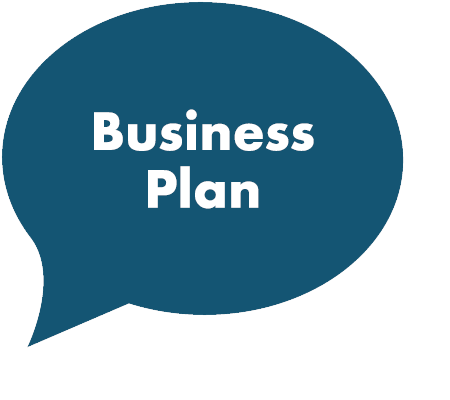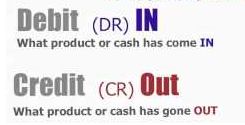Fritz Sybergs Vej 9
DK 8270 Hojbjerg
Scandinavia
info@dynamicbusinessplan.com


Influence on Profits
Basically, there are three ways of exerting influence on your profit/net income:
- You can boost your turnover
- Minimise your expenses
- Combine the two.
Profit is your earnings
Running a business, it is crucial to gain a net income/profit from your operations. At least if you have to live on the profit the company is earning. If there is no profit, consequently, there is no salary to the owner.
Even though some companies operate with a scheduled unprofitable period due to e.g. product development costs, all business is about profit generating ability.

Financial information
The financial information that gives you the possibility to exert influence on your profit/net income is the Profit and Loss Statement.
In short it looks like this:
Sale / Turnover
- Variable Costs / Used Goods
= Gross Profit
- Fixed Costs
- Depreciation
- Interest
= Profit
1. Boost you turnover
Many companies, new as well as existing ones, tend to prioritise high turnover rather than high profit. The two must go along - at least in the long run.
A good reason for a business owner to prioritise turnover rather than profit is, that s/he wants the company to progress and grow in order to ensure a long-term profit gain.
Turnover can cost
Eventually, the business owner will realise that gaining a higher turnover can
be costly and does not necessarily increase profits instantly. A profit increase
may first show when a high turnover has stabilised.
A high turnover is not a goal in itself if it does not generate a profit. If you base your entire business on selling at low prices you will get a low gross profit (Turnover less Costs of Sales).
If a low unit profit has been budgeted it is important with a well-working administration of accounts as you need a constant eye on the costs.
2. Minimise your expenses
If you believe you have reached a turnover limit and a price increase is no option, you should try to go over all your expenses.
Variable costs
Variable costs are "good costs" as they only occur as a
consequence of sales. If you live in the Northern part of India and deliver
presentations in the Southern part of India your variable costs would be
transport, accommodation, and rent of equipment.
You only incur such costs because you have sold your service.
But it is always a good idea to seek alternative, and cheaper, suppliers of transportation, accommodation, and equipment.
Fixed costs
Fixed costs remain, even when you have no sales. Such costs are rent,
accountant, marketing, etc. Go through each expense item and determine whether
it can be minimised or totally eradicated.
Converting fixed costs into variable costs is also an option. In stead of
buying an expensive 10.000 $ colour page printer it might be smarter to pay a
high unit price of colour photocopies.
This way you are likely to realise that you only need colour photocopies to go
along with projects you have carried out.
3. Combination
You can cut costs to such a degree that you totally eradicate your profit potential. One option is to cut all costs not directly generating a turnover. Maybe this way you will even be able to channel more money to promotional activities.
Decisions of how to exert influence on a company´s profit is to be made by
the owner, based on his/her evaluation of the company and its customers.
- Go to next
business issue: Influece on Sales





































